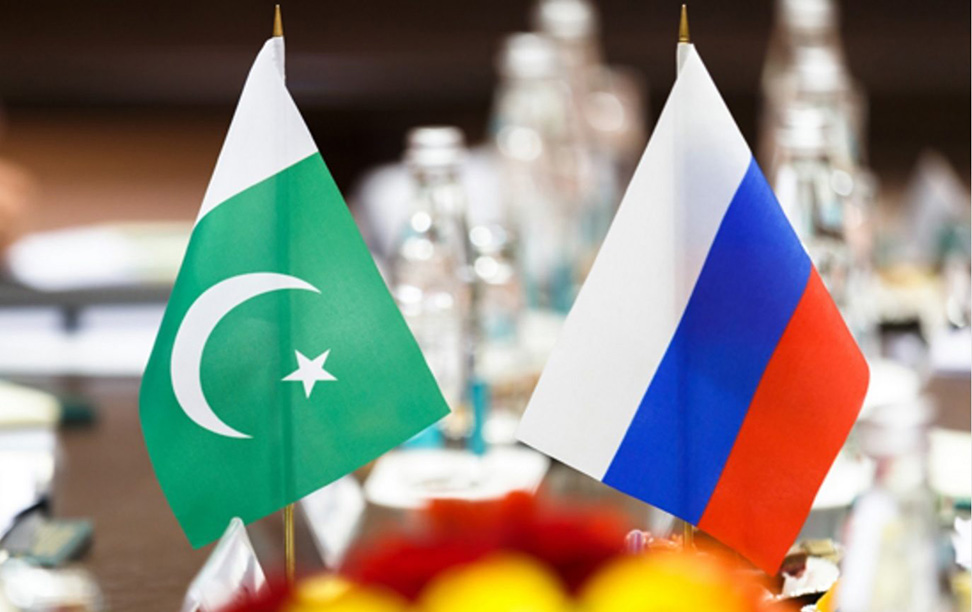KE's solar ambition eclipsed by contradiction

Nilam Bano | April 08, 2024 at 04:59 PM GMT+05:00
April 08, 2024 (MLN): Balancing electricity demand and supply has remained a persistent challenge while grappling with rising production costs has plagued Pakistan for years.
Amidst this backdrop, solar plants emerged as a beacon of hope as the introduction of net metering further empowered consumers to generate their electricity using renewable sources like solar panels.
However, the country is still struggling huge cost of producing electricity.
What went wrong?
Lately, K-Electric (KE) has set its sights on adding 640 megawatts from wind and solar plants within the next two years to diversify its energy sources and reduce production costs.
Solar power proved to be attractive for foreign investors as CEO of KE, Mr. Syed Moonis Abdullah Alvi, revealed that a consortium of 12 companies from Europe, China, and the Middle East has submitted bids for investment in solar and wind power projects.
Yet, the recent developments have shed light on an obvious contradiction in KE's approach, particularly concerning its handling of net metering services for consumers.
Net metering allows consumers generating surplus electricity from solar or wind power to receive credit for the energy they contribute to the grid. However, many consumers who have installed solar systems find themselves unable to utilize them due to KE's failure to provide net metering services. Instead, KE has requested payment for PMT augmentation charges, contradicting its vision of promoting renewable energy.
NEPRA's directive on net metering further adds to the complexity. NEPRA has instructed KE to treat the amount allowed to net metering units (Rs19.321 kv/h) as part of the capacity cost rather than monthly FCAs, aiming to incentivize the adoption of renewable energy sources. However, KE continues to sell electricity at a significantly higher rate (Rs60 kv/h).
This inconsistency between KE's renewable energy ambitions and its handling of net metering services increases concerns about the company's priorities.
While the pursuit of renewable energy is commendable, it must be escorted by policies that enable consumers to actively participate in sustainable energy generation.
Failure to address these inconsistencies could impede progress towards a greener and more sustainable energy future for Karachi and beyond.
Copyright Mettis Link News
Related News
| Name | Price/Vol | %Chg/NChg |
|---|---|---|
| KSE100 | 136,379.97 273.10M |
0.32% 440.10 |
| ALLSHR | 84,648.35 701.94M |
0.06% 47.97 |
| KSE30 | 41,546.23 70.12M |
0.42% 172.55 |
| KMI30 | 191,719.76 71.30M |
0.34% 649.79 |
| KMIALLSHR | 55,827.74 371.98M |
0.16% 89.67 |
| BKTi | 37,827.61 18.93M |
-1.72% -662.14 |
| OGTi | 27,670.67 7.41M |
-0.42% -117.47 |
| Symbol | Bid/Ask | High/Low |
|---|
| Name | Last | High/Low | Chg/%Chg |
|---|---|---|---|
| BITCOIN FUTURES | 119,815.00 | 119,915.00 119,635.00 |
185.00 0.15% |
| BRENT CRUDE | 68.71 | 69.09 67.71 |
0.00 0.00% |
| RICHARDS BAY COAL MONTHLY | 96.50 | 0.00 0.00 |
1.80 1.90% |
| ROTTERDAM COAL MONTHLY | 104.50 | 0.00 0.00 |
-1.05 -0.99% |
| USD RBD PALM OLEIN | 998.50 | 998.50 998.50 |
0.00 0.00% |
| CRUDE OIL - WTI | 66.63 | 66.64 66.58 |
0.25 0.38% |
| SUGAR #11 WORLD | 16.55 | 16.67 16.40 |
-0.01 -0.06% |
Chart of the Day
Latest News
Top 5 things to watch in this week
Pakistan Stock Movers
| Name | Last | Chg/%Chg |
|---|
| Name | Last | Chg/%Chg |
|---|




 Total Advances, Deposits & Investments of Scheduled Banks
Total Advances, Deposits & Investments of Scheduled Banks